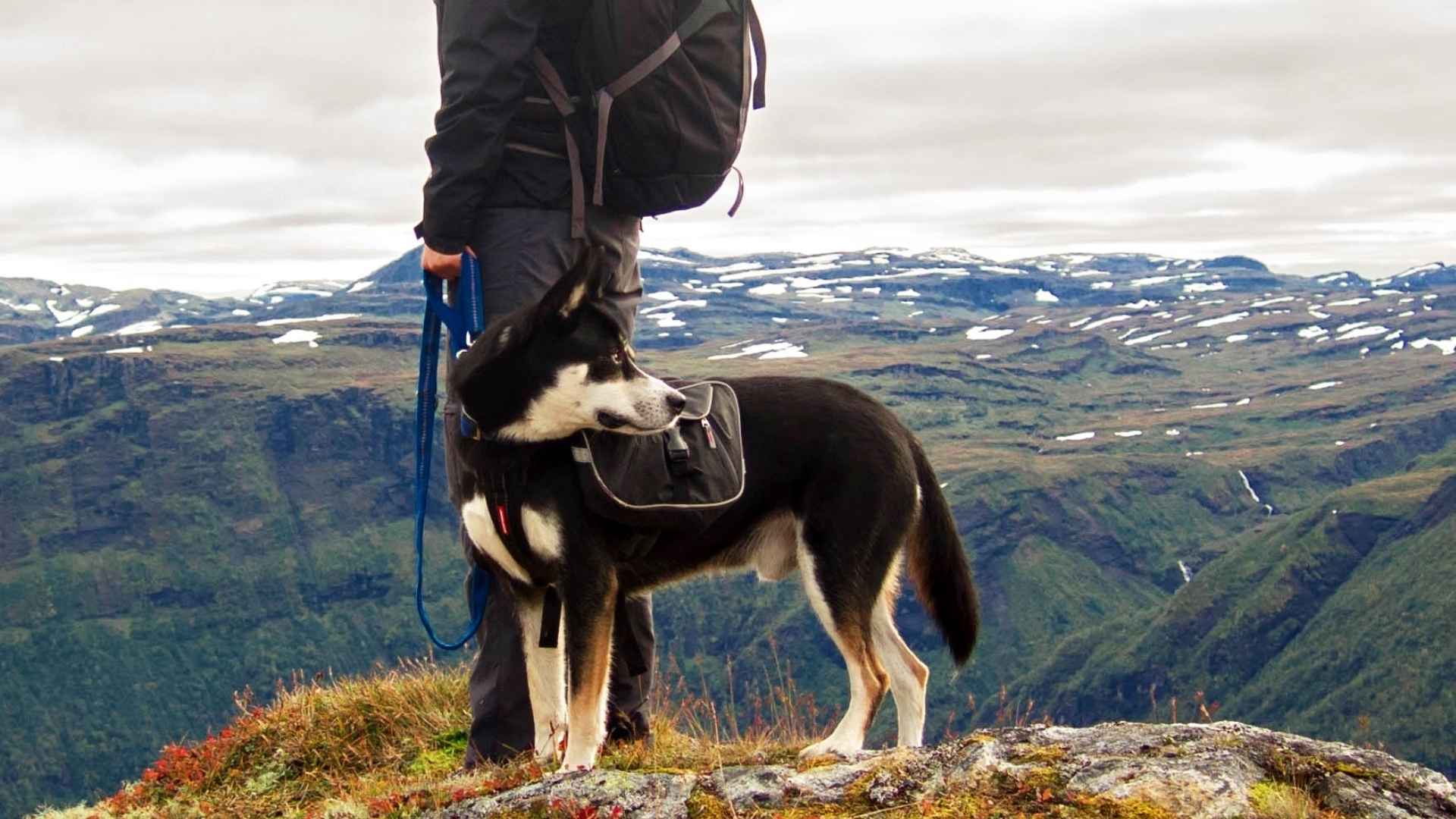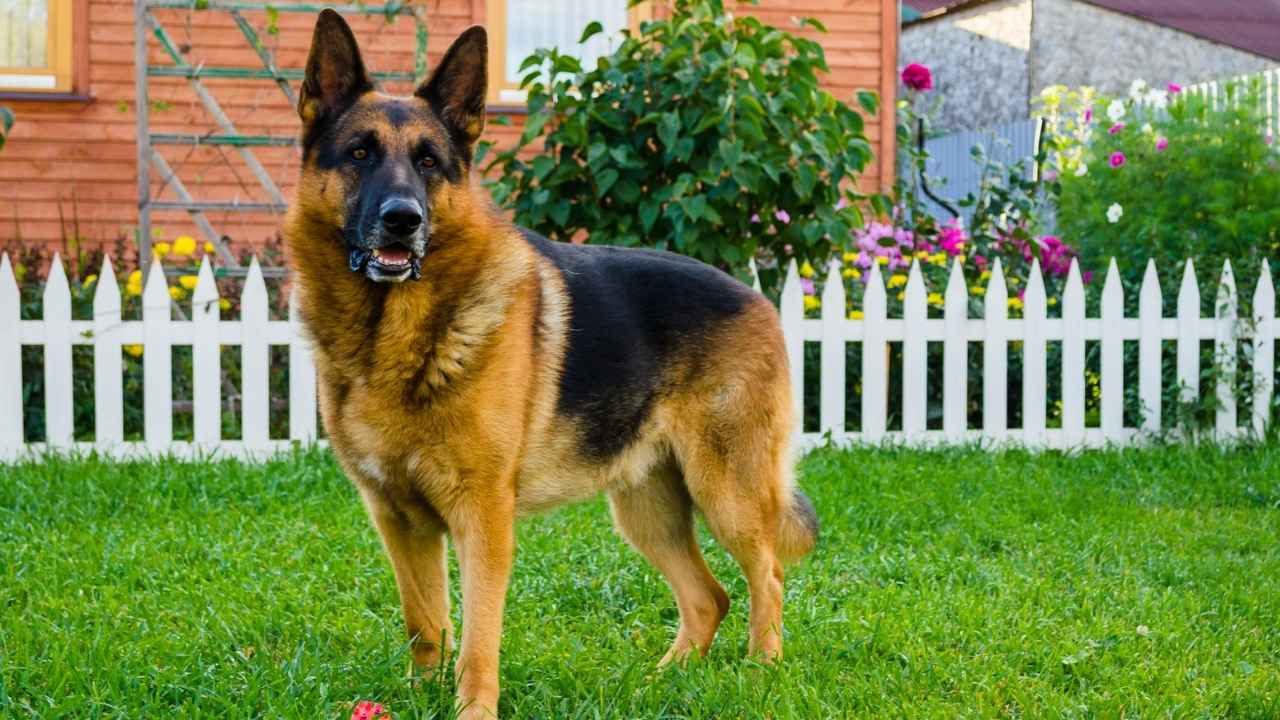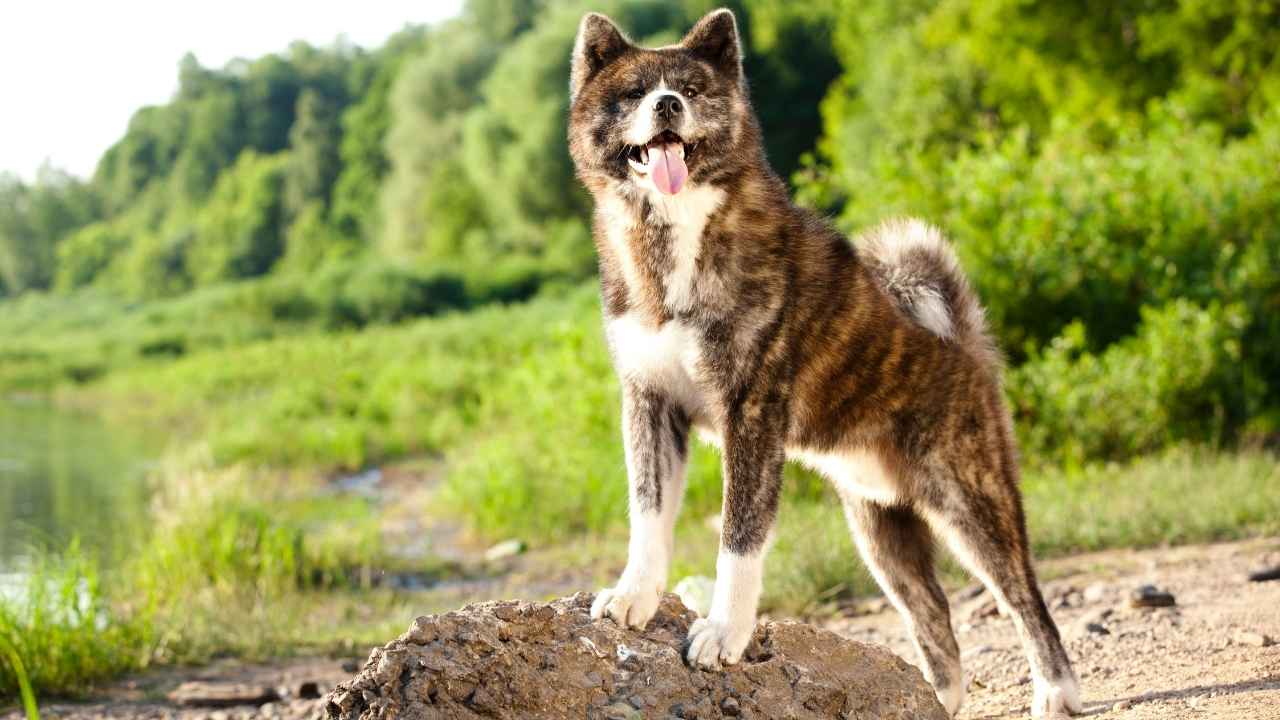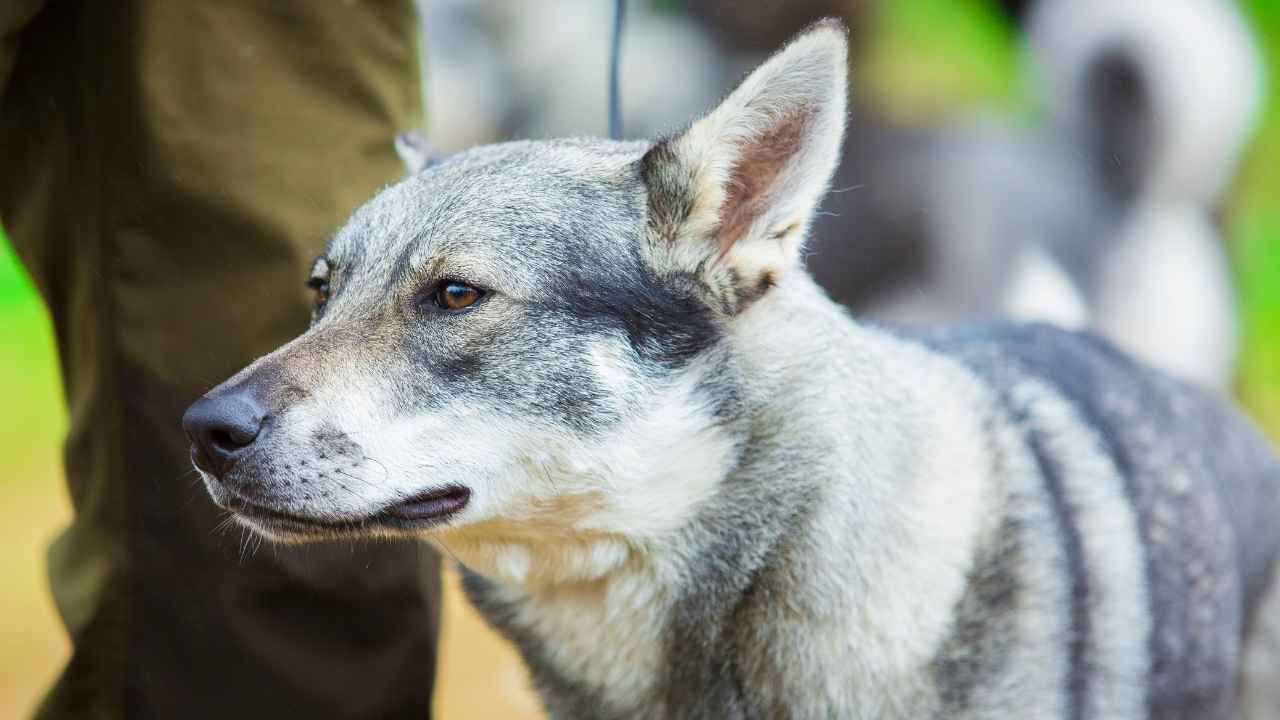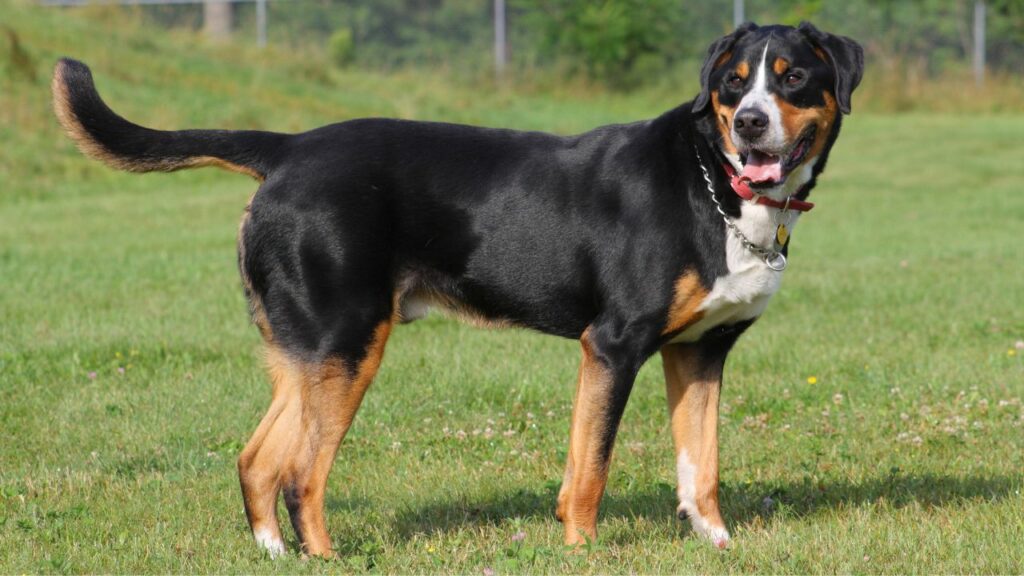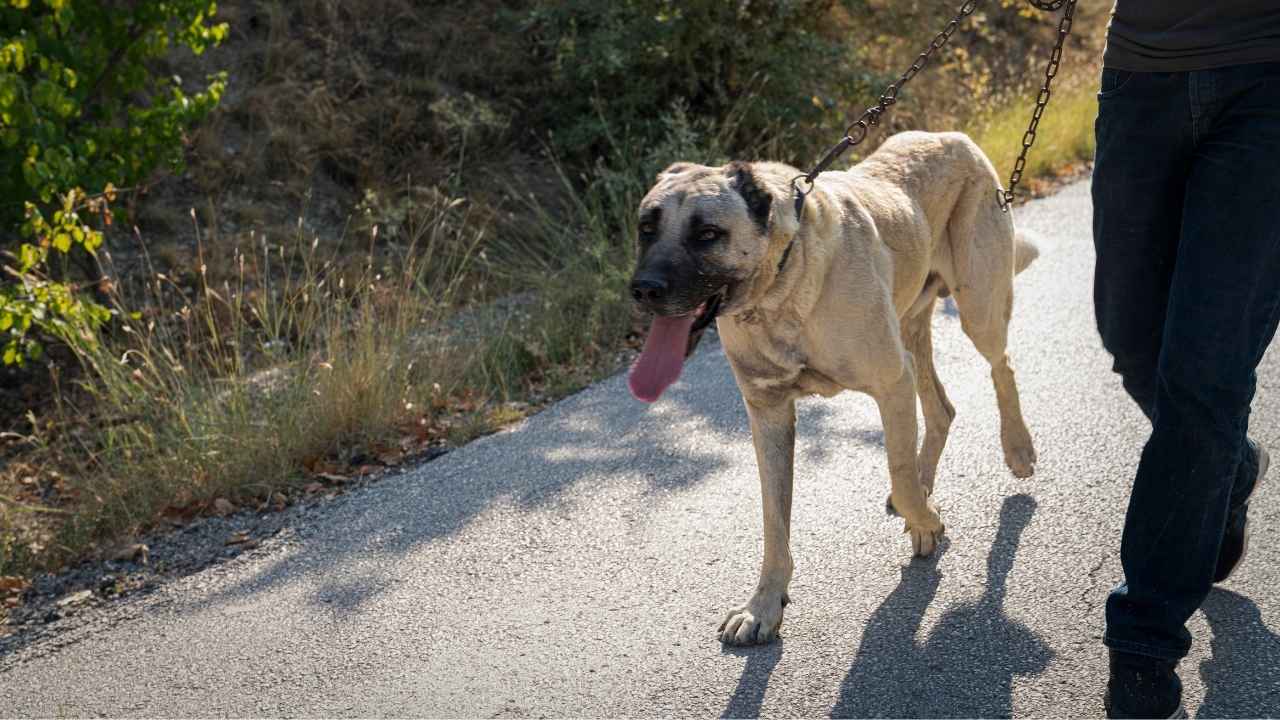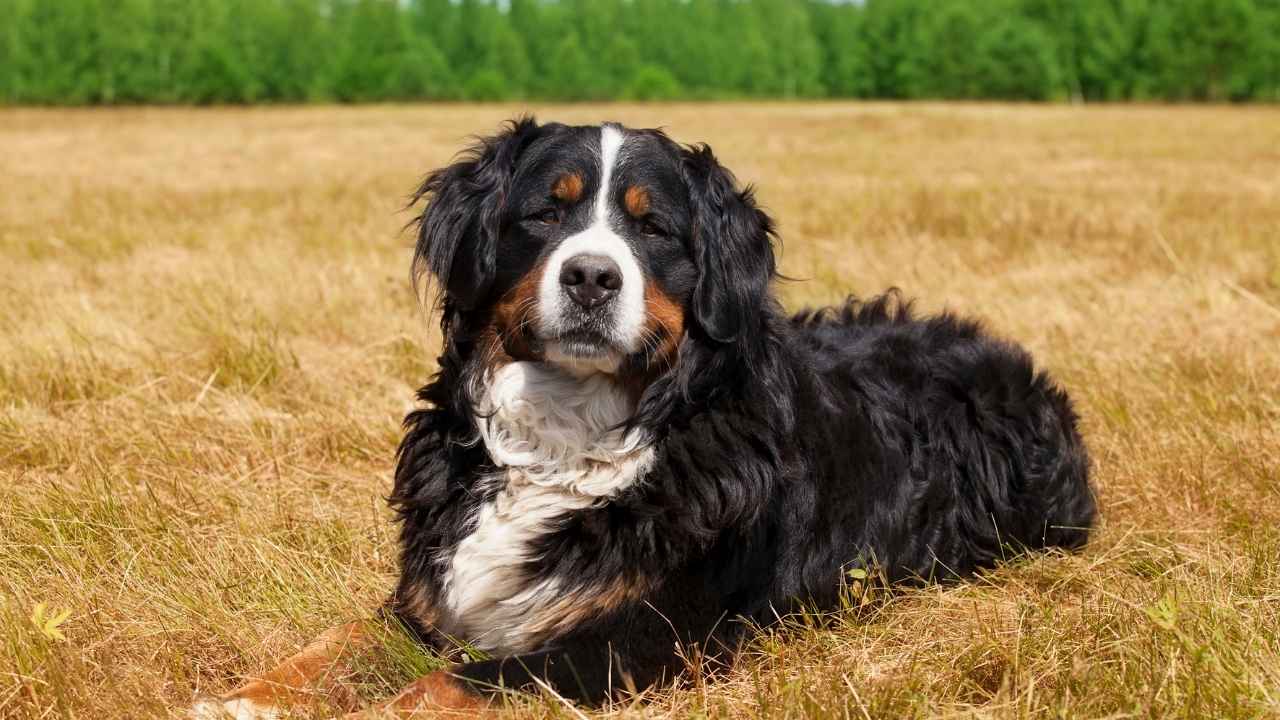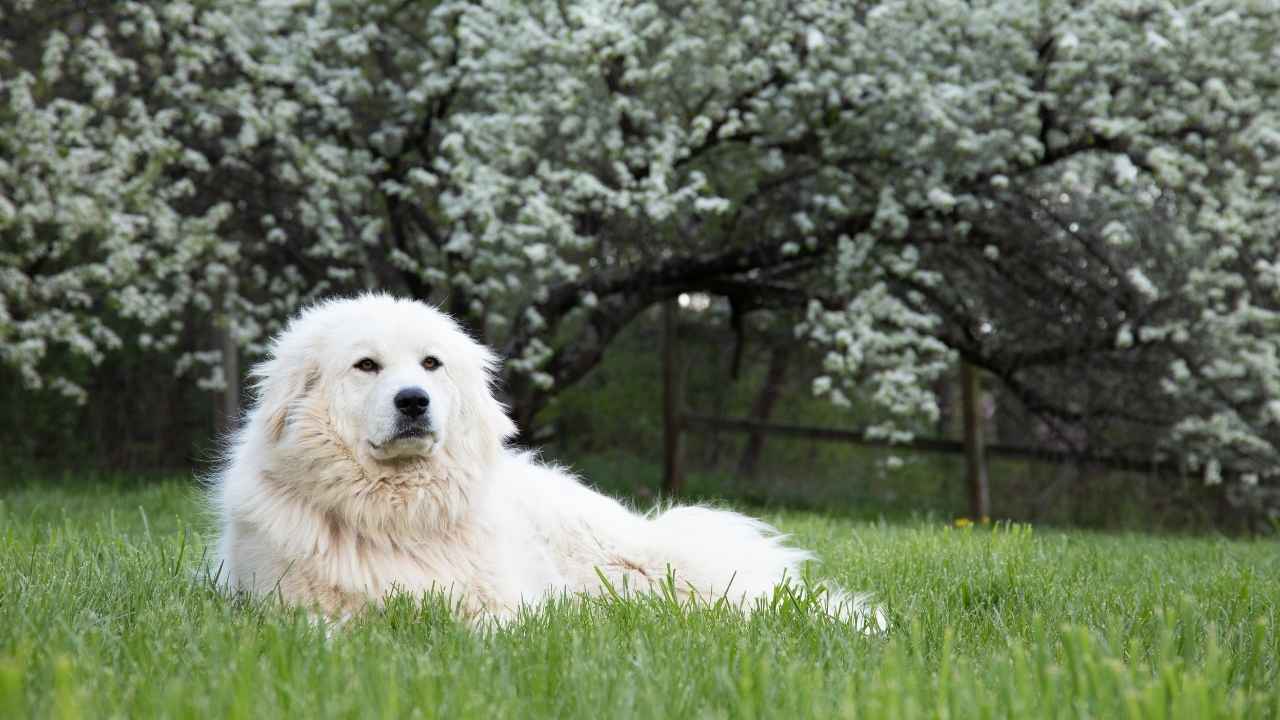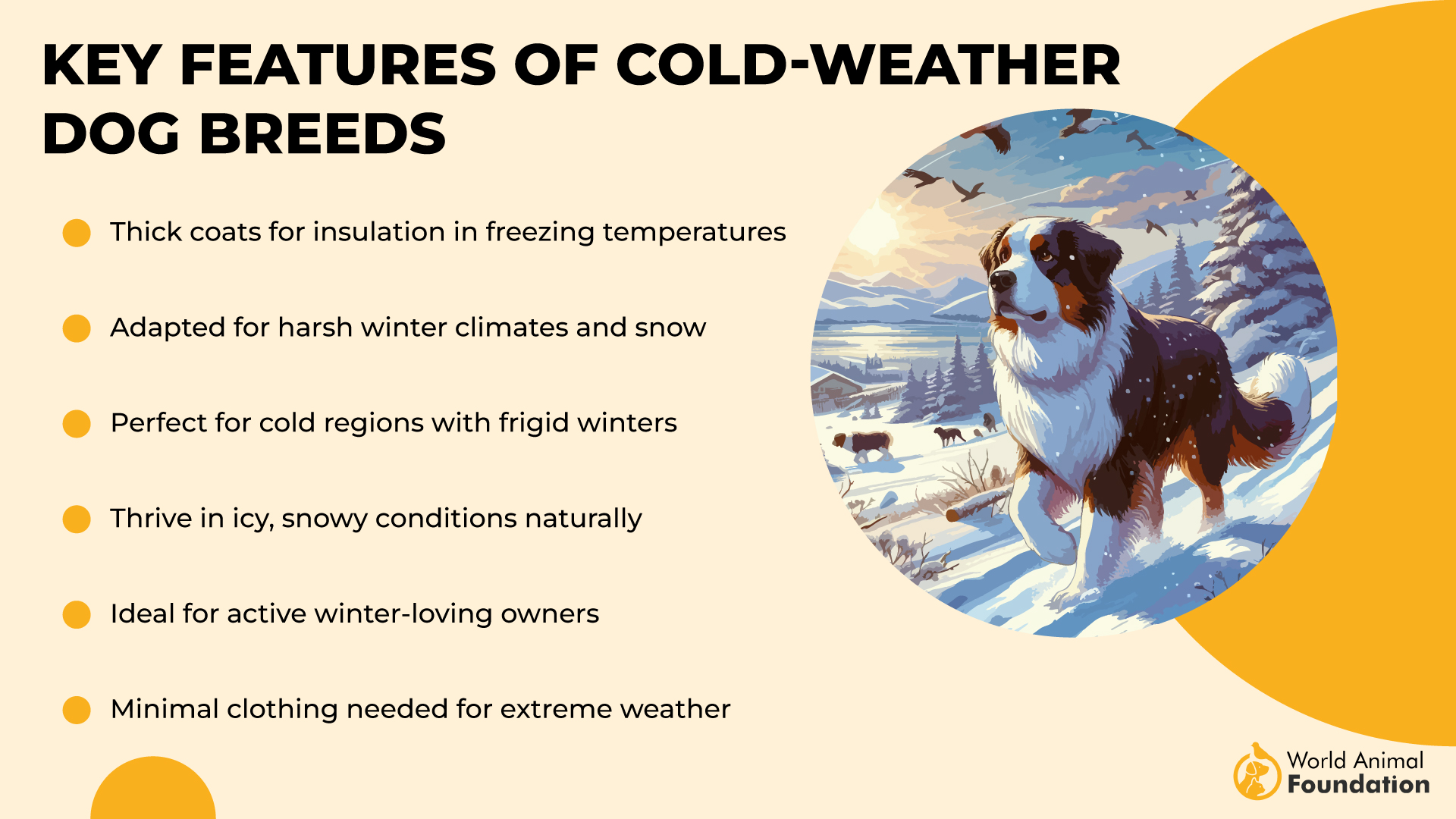Embarking on winter hikes and outdoor adventures demands not only courage but also a loyal companion ready to brave the chill. When the frost crisps the air and snow blankets the trails, certain dog breeds shine as ideal partners, combining strength, resilience, and protective instincts. Whether cutting a path through snowy woods or scaling icy peaks, these seven guard dog breeds provide more than companionship. They offer safety, warmth, and unwavering devotion. Discover which breeds will not only thrive in wintery conditions but also enhance your outdoor experiences with their unyielding spirit and dedication.
If you’re someone who loves the outdoors, there’s nothing quite like having a dog by your side to share in your adventures. But when you add the bonus of a guard dog, it’s like doubling the fun, excitement, and peace of mind on your hikes! Whether you’re scaling mountain trails, trekking through the woods, or camping under the stars, a guard dog can keep you safe and bring an added level of companionship on your journeys.
When choosing the right guard dog for winter hikes, it’s important to consider their ability to handle cold weather. Dogs that thrive in freezing temperatures have dense coats that protect them from the chill and keep them going through long, uneven trails. If you’re heading out into the mountains or planning a winter camping trip, having a dog that’s built for the cold can make all the difference in your outdoor experience.
So, if you’re ready to explore the great outdoors with a loyal, protective companion, here are some of the best guard dog breeds suited for cold-weather adventures.
Guard Dog Breeds for Winter Hikes
1. German Shepherd
|
Personality |
Courageous, confident, smart |
|
Energy Level |
Energetic |
|
Shedding |
Moderate to Heavy |
|
Height |
24-26 inches (male), 22-24 inches (female) |
|
Weight |
65-90 pounds (male), 50-7- pounds (female) |
|
Ideal Weather |
Cool to Cold |
Origin
The German Shepherd is a working breed developed in Germany, originally bred from herding and farm dogs. According to Britannica, in 1990, a German Shepherd guide dog named Orient helped Bill Irwin become the first blind hiker to complete the Appalachian Trail.
Physical Traits
German Shepherds are strong, athletic dogs with a long body. Their dense coat has a coarse outer layer that’s medium-length, with a soft, short undercoat, providing protection in colder climates.
Temperament
Known for their intelligence, alertness, and loyalty, German Shepherds make excellent watchdogs and protectors. They’re also used as guide dogs and in police and military work. While they are protective and will bark when they sense a threat, they’re not overly noisy. German Shepherds are large and active, so they need plenty of exercise, especially activities like hiking that engage both their mind and body.
Care
The German Shepherd’s double coat sheds quite a bit, especially during shedding season, so daily brushing may be necessary at that time. At other times, brushing once or twice a week is usually enough. This breed is well-suited for cold and moderate weather, making it a great hiking companion for winter.
2. Akita
|
Personality |
Dignified, courageous, profoundly loyal |
|
Energy Level |
Energetic |
|
Shedding |
Moderate |
|
Height |
26-28 inches (male), 24-26 inches (female) |
|
Weight |
100-130 pounds (male), 70-100 pounds (female) |
|
Ideal Weather |
Cold |
Origin
The Akita, also known as the Akita Inu or Japanese Akita, was once the favored breed of the Japanese Imperial family. Highly respected, statues of Akitas were given to new parents to wish them health, happiness, and a long life.
Physical Traits
Originally bred by northern Japanese hunters, Akitas are built for cold climates with a thick, double coat that provides warmth. Their sturdy, muscular build gives them impressive strength and makes them well-suited for outdoor activities. Akitas thrive in cooler temperatures and can be sensitive to heat.
Temperament
Akitas are courageous and protective, naturally wary of strangers. They take their guarding duties seriously and will watch over your family without much training. This breed tends to be territorial, making them excellent guard dogs but potentially challenging with other dogs. Akitas love the outdoors and are great companions for hiking.
Care
Known for their strong-willed nature, Akitas require proper training and socialization from an early age. They can be stubborn and need clear boundaries. Akitas shed heavily, especially during peak seasons, so daily brushing is essential to maintain a healthy coat and manage shedding.
3. Norwegian Elkhound
|
Personality |
Confident, friendly, dependable |
|
Energy Level |
Regular Exercise |
|
Shedding |
Moderate |
|
Height |
20.5 inches (male), 19.5 inches (female) |
|
Weight |
55 pounds (male), 48 pounds (female) |
|
Ideal Weather |
Cool to Cold |
Origin
The Norwegian Elkhound’s history stretches back to the time of the Vikings. Known for their agility, intelligence, and loyalty, these dogs were originally bred to hunt and hold prey, making them excellent companions for hiking, particularly in cold, snowy environments.
Physical Traits
According to ASPCA, these medium-sized dogs are muscular and well-built, perfectly suited for winter conditions. With their thick double coat, Norwegian Elkhounds thrive in colder climates and enjoy snowy adventures.
Temperament
Known for their boldness and devotion to their families, Norwegian Elkhounds make excellent watchdogs and guardians. They are energetic, and their natural tendency to bark can be a challenge for those who prefer a quieter household. However, their loyalty and protective nature make this hunting dog breed a reliable companion for outdoor activities.
Care
Due to their thick coat, Elkhounds shed quite a bit, so regular grooming with a large brush is essential. While intelligent, these dogs can be a bit independent, which may make training a challenge. However, their hardworking nature makes them a great fit for active households that can give them the exercise they need.
4. Greater Swiss Mountain Dog
|
Personality |
Faithful, family-oriented, dependable |
|
Energy Level |
Energetic |
|
Shedding |
Moderate |
|
Height |
25.5-28.5 inches (male), 23.7-27 inches (female) |
|
Weight |
115-140 pounds (male), 85-110 pounds (female) |
|
Ideal Weather |
Cold |
Origin
The Greater Swiss Mountain Dog was bred to be a strong, agile herder, perfectly suited for navigating the tough, mountainous terrain of Switzerland. With their impressive endurance and work ethic, these large dogs are some of the best dog breeds for hiking and outdoor adventures.
Physical Traits
While they’re big dogs, Greater Swiss Mountain Dogs aren’t considered giant dogs. They have a sturdy, well-built frame and a smooth, short, dense coat. Some may have a double coat, though the undercoat isn’t always present. Their size and solid build make them both strong and reliable hiking companions. Regular walks or hikes help them burn off energy and stay fit.
Temperament
Known for their loyalty and friendly nature, Greater Swiss Mountain Dogs are dependable and ready to work. They have a bold, alert, and vigilant personality, making them excellent guard dogs. They strike a balance, not overly aggressive but assertive when needed.
Care
Grooming is minimal for most of the year, but during shedding season (about twice a year), more attention is needed. Brush thoroughly to remove dead hair. WebMD points out that you need to keep in mind their larger size—they need plenty of space to thrive, so consider if your living situation suits their needs.
5. Anatolian Shepherd
|
Personality |
Independent, loyal, reserved |
|
Energy Level |
Regular Exercise |
|
Shedding |
Moderate |
|
Height |
29 inches (male), 27 inches (female) |
|
Weight |
110-150 pounds (male), 80-120 pounds (female) |
|
Ideal Weather |
Cold |
Origin
The Anatolian Shepherd Dog hails from Turkey, where it was bred to protect livestock. These dogs were carefully selected to blend in with the flock, using their size and color to keep predators from spotting them. Their primary role has always been as a guardian, fiercely devoted to protecting the animals they watch over.
Physical Traits
Anatolian Shepherds are large, powerful dogs with a muscular build. Their thick coat helps them handle cold weather, making them well-suited for outdoor life in challenging conditions.
Temperament
Known for their independence and strong guarding instincts, Anatolian Shepherds are loyal to their families and will go to great lengths to protect them. While generally good-natured, they can be wary of strangers and need early socialization to ensure they’re well-adjusted. Due to their size and strength, they may not be the best fit for families with very young children.
Care
This breed requires an experienced owner, as they can be stubborn and need firm, consistent training. Be prepared for plenty of shedding throughout the year, which means regular grooming is essential. The Anatolian Shepherd is not a breed for first-time dog owners, as it requires a confident and knowledgeable handler.
6. Bernese Mountain Dog
|
Personality |
Good-natured, calm, strong |
|
Energy Level |
Energetic |
|
Shedding |
Hair Everywhere |
|
Height |
25-27.5 inches (male), 23-26 inches (female) |
|
Weight |
80-115 pounds (male), 70-95 pounds (female) |
|
Ideal Weather |
Cold |
Origin
The Bernese Mountain Dog hails from Switzerland, where they were bred for drafting and driving tasks in the mountainous regions. Known for their beautiful appearance and gentle nature, they are a perfect addition to any family, especially in colder climates.
Physical Traits
This large and sturdy breed is strong enough to carry its own gear and even assist with yours on hiking trips. With a thick double coat, Bernese Mountain Dogs are well-suited for harsh, cold conditions, though they shed quite a bit, especially in warmer months.
Temperament
Though they have a loud bark and imposing presence, Bernese Mountain Dogs aren’t quick to attack. Instead, they serve as excellent guard dogs while remaining calm and safe around children, family, and strangers. Despite their strength, they are known for their affectionate, gentle, and loyal nature.
Care
Regular brushing is essential to keep their coats healthy, especially during shedding seasons. A Bernese Mountain Dog should be brushed at least once a week, and daily during shedding periods. Due to their heavy coats, they are sensitive to heat, so it’s best to keep them cool indoors during warmer weather.
7. Great Pyrenees
|
Personality |
Smart, patient, calm |
|
Energy Level |
Needs Lots of Activity |
|
Shedding |
Moderate |
|
Height |
27-32 inches (male), 25-29 inches (female) |
|
Weight |
100 pounds & up (male), 85 pounds & up (female) |
|
Ideal Weather |
Cold |
Origin
The Great Pyrenees, with their gorgeous appearance, is a breed with a rich history. Bred centuries ago to guard sheep in the snowy Pyrenees mountains, they were designed for cold climates and have a strong protective instinct.
Physical Traits
These majestic dogs have a thick double coat that not only keeps them warm but also camouflages them in the snow, making them perfectly suited for cold temperatures. Their white, fluffy fur is a hallmark of the breed, enhancing their role as both guardians and snow-loving companions.
Temperament
Independent by nature, the Great Pyrenees is a devoted and protective guard dog. Their calm and patient demeanor makes them wonderful pets, but their territorial instincts kick in when there’s a perceived threat. AKC notes that they’re gentle with family but highly alert and will spring into action to protect their territory.
Care
Regular grooming is essential to keep their thick coat healthy. Weekly brushing is usually enough, but during shedding season, more frequent brushing may be needed, especially in warmer climates. These working dogs thrive when given a purpose and require firm, consistent training to keep them well-behaved. Ideal for owners with large properties or those needing a reliable livestock guardian, the Great Pyrenees is a loving and loyal hiking companion.
Conclusion
When choosing a guard dog for your winter hikes, you’ll want a breed that thrives in cold weather and offers both protection and companionship. Dogs like the Siberian Husky and Alaskan Malamute are known for their thick fur and endurance in harsh temperatures, making them excellent choices for deep snow and rugged trails.
However, they’re not on this list but are suited for winter adventures. Many larger breeds, such as the Tibetan Mastiff and German Shepherd, also shine in these conditions, providing security and warmth during long, chilly hikes.
While breeds like the Australian Shepherd, Australian Cattle Dog, Jack Russell terrier, Labrador Retriever, and Golden Retriever are not included in our list, they can still make great hiking partners, especially for those with active lifestyles who enjoy spending time outdoors. Mixed breeds and even older dogs with good health and fitness can also be reliable companions for long hikes, offering companionship and a sense of security.
Whether you’re tackling icy waters or rough terrain, having a guard dog with the right temperament and training ensures a safe and enjoyable winter hiking experience.
In conclusion, selecting the right guard dog breed for winter hikes and outdoor adventures is crucial for both safety and companionship. The ideal breeds, known for their resilience, strength, and loyalty, include the Bernese Mountain Dog, Siberian Husky, Anatolian Shepherd, Saint Bernard, Akita, Alaskan Malamute, and German Shepherd. These breeds not only exhibit protective instincts but also thrive in cold weather conditions, making them perfect partners for adventurous pursuits. Their innate ability to navigate rugged terrains and endure harsh climates ensures a reliable presence, offering peace of mind and enriching the hiking experience in winter landscapes.

